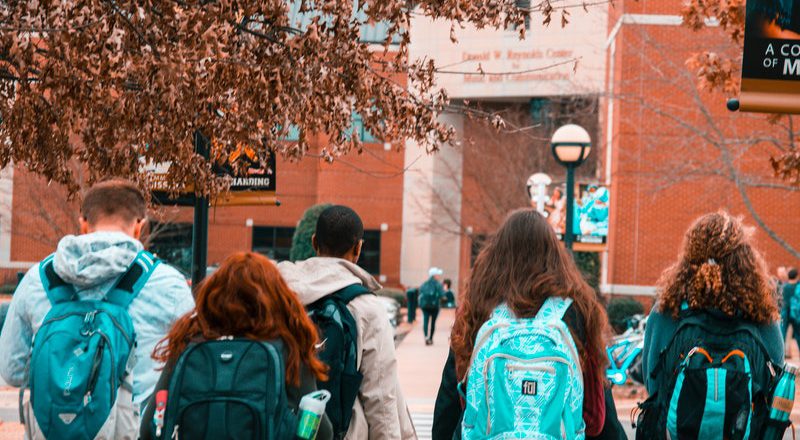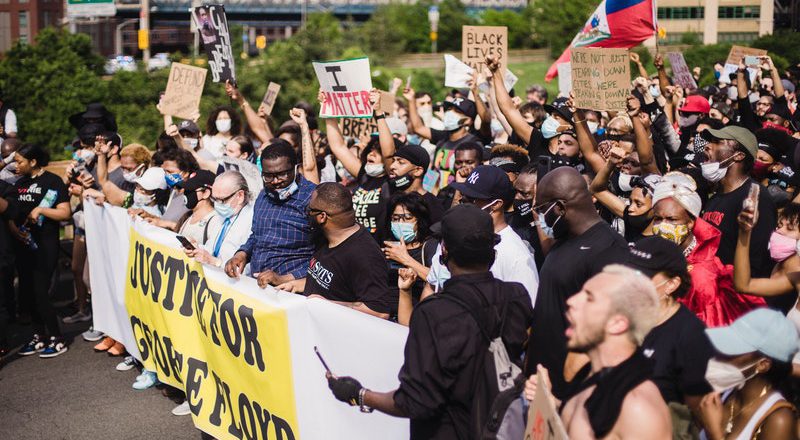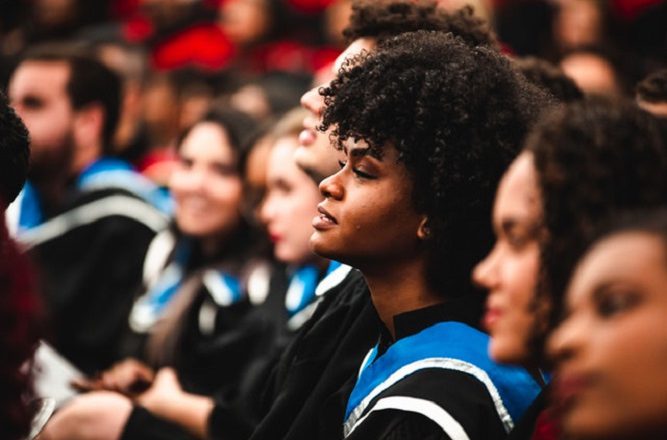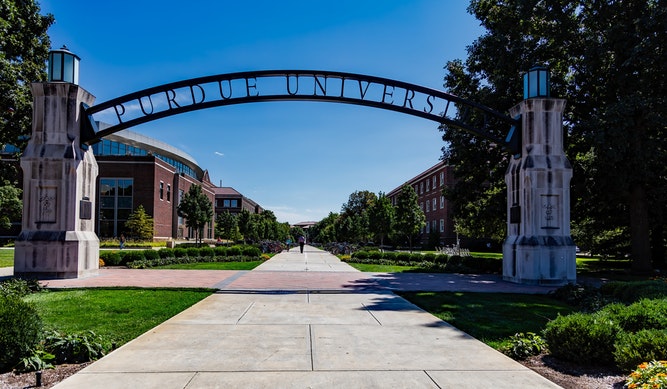Sending international students home would sap US influence and hurt the economy
U.S. Immigration and Customs Enforcement, or ICE, made a decision on July 6 regarding international students in the U.S. that will affect far more than just the roughly 870,000 international students themselves.
Based on what I know about the power and influence of higher education in the U.S., this decision could increase the tuition American students pay, cost thousands of jobs throughout the nation and erode America’s stature in the world.
Under this new rule, international students may stay in the country only if they attend a college or university offering in-person classes this fall. Otherwise, they won’t be able to get visas, enter the country or stay here if they plan to attend one of the many schools that are teaching students entirely online.
In effect, thousands of students f...









